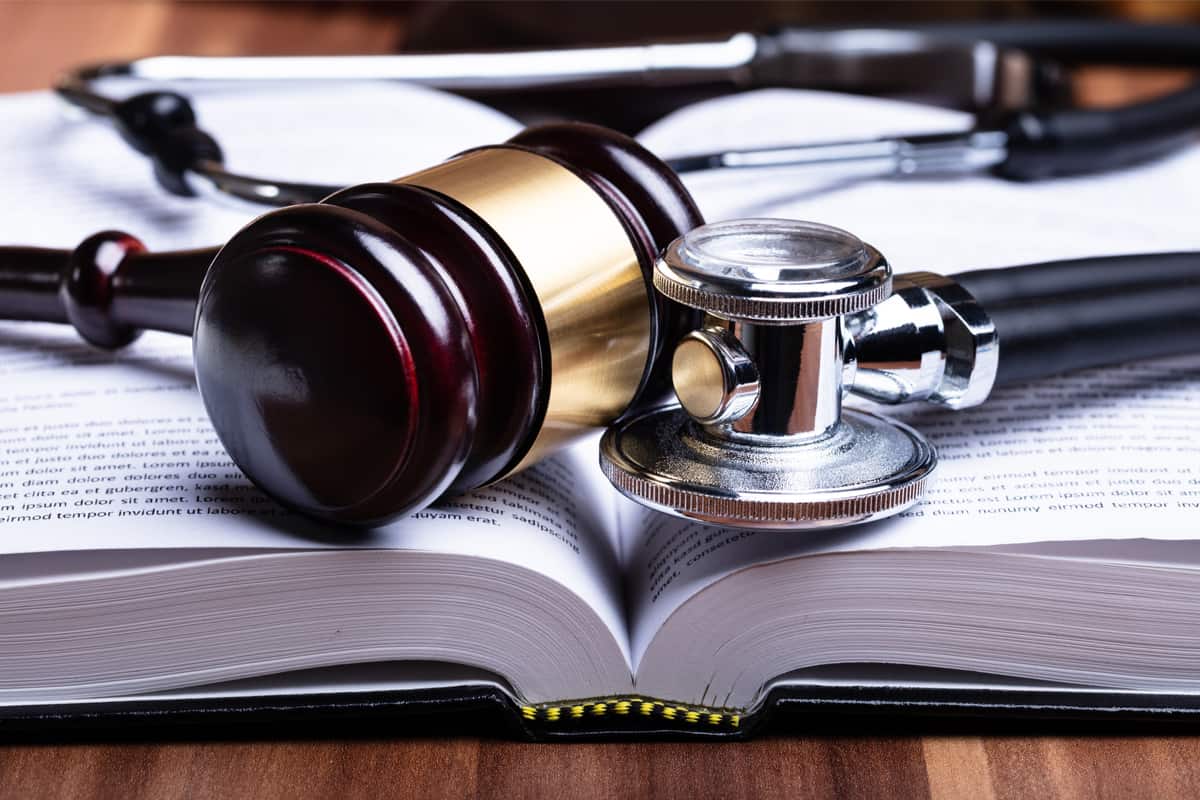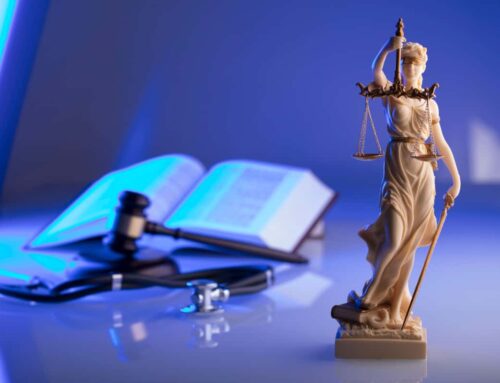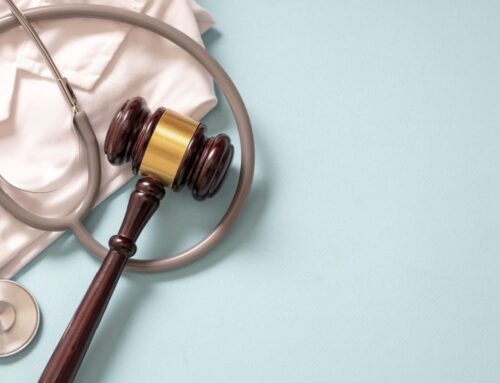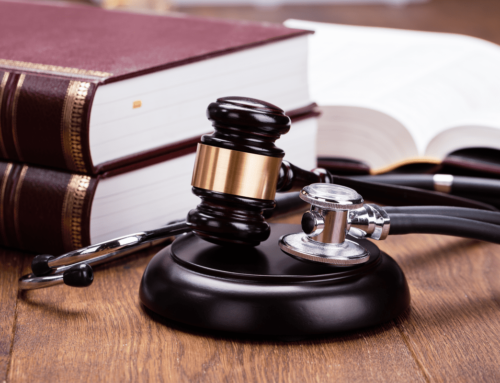Realizing the medication you have been taking is defective can be frightening. The pharmaceutical and product device liability practice group at Allan Berger & Associates knows defective drugs pose a growing threat in the US. As the pharmaceutical market and demand for new drugs grow each year, the potential for more defective drugs to hit the market is higher.
How Many New Drugs Are Developed and Introduced Each Year?
The creation of a new medication is not a quick process. It can take over a decade from the research stage to your medicine cabinet.
Pharmaceutical companies develop thousands of drugs across multiple therapeutic channels at the same time knowing only a small percentage will be successful. After rigorous testing, what is left of the medication pipeline must then be approved by the Center for Drug Evaluation and Research (CDER).
The number of approved drugs varies from year to year. According to a recent study:
- 53 novel drugs were introduced in 2020
- 2018 saw the approval of 60 new medications
- barely over 20 novel drugs were approved in 2016
The pharmaceutical world is not slowing down. In 2019 alone, over 1,100 new drugs were in development for cancer. With the emergence of COVID-19, a new competition has begun.
Pharmaceutical companies are racing to come up with a COVID-19 vaccine that can be taken in pill form. Pfizer and Merck are leading the way globally. Shionogi and Novartis are much further behind, but aim to develop “oral, Covid-specific antiviral pills.”
Are Defective Drugs Common?
Despite oversight from the Food and Drug Administration (FDA), an estimated 4,500 defective drugs and medical products are recalled yearly.
According to a recent defective drug study:
- 85.2% of all medical product recalls were for pharmaceutical medications
- Of those, 85.1% were removed for defects in the quality of the drug
- 14.9% of medication recalls were due to labeling mistakes
In the US, 45% of adults take at least one prescription drug daily. If you or a loved one currently take a prescription medication and believe you are suffering negative symptoms not in line with your original ailment, you may consider if your medication is defective.
The FDA has a running list of all drug recalls, market withdrawals, and safety alerts to help consumers keep track of potentially harmful medications.
How Do I Know if My Injuries Are from A Defective Drug?
Knowing if your symptoms result from a defective drug or your underlying condition is crucial. There are a few steps to follow:
- First, you will need lab work and a physical examination by a trained doctor, not a nurse practitioner. It may be best to seek a medical diagnosis from a different doctor than who prescribed you the medication. If you believe your New Orleans doctor may have given you defective medication, or if you believe negligence played a role, it may be necessary to get a second opinion from a different office.
- Once your injuries can be related to the medication, you will need to determine if the drug is defective or if you were administered the wrong one. Our defective medications attorneys have years of experience helping clients establish the cause of their drug-related injuries.
What Are the Most Common Defective Medication Side Effects?
All medications have side effects. Before being prescribed a drug, your doctor will list the possible side effects. However, if you feel severe symptoms and complications not listed by your doctor, you may be experiencing the adverse effects of a defective drug.
The most common defective drug complications involve:
- Blood clots
- Liver damage
- Infection
- Seizures
- Strokes
- Breathing abnormalities
- Kidney failure
- Heart and cardiovascular conditions
- Mental adverse reactions, like suicidal thoughts
- Congenital disabilities
- Physical debilitation
The negative symptoms of defective medications are not limited to the above list.
What Do I Do if My Medication is Defective?
When a doctor has confirmed a medical diagnosis that the drug you have been taking is defective and has caused your injuries, there are a few important steps to follow:
- Make sure to save the medication:
If you suspect the drug you have been taking is defective, it is important to save the medication in a sealed bag somewhere safe so that no one will mistakenly use it. Your defective drug attorney may have the medication analyzed as evidence in your claim.
- Gather all relevant evidence:
Make sure you keep the instructional material that came with the medication. Also, request all medical records. Be certain that they contain your recent symptoms in detail with the medical diagnosis that ties them to the defective drug.
If you are able, include pictures of any visible injuries like severe bruising or rashes.
- Research the drug:
Look up the medication in question and see if other people have reported similar symptoms.
Who Could Be Responsible for a Defective Medication in Louisiana?
The supply chain process varies considerably between medications. It is crucial to discover where and how your drug became defective. Our pharmaceutical liability lawyers will investigate your case and hold all responsible parties accountable for your injuries.
Some possible liable parties may be:
- Pharmacies
- Hospitals
- Doctors and physicians
- Clinics and other medical facilities
- Laboratories
- Pharmaceutical representatives
- Pharmaceutical companies and manufacturers
- Drug marketing companies
What Cases Have We Represented?
Allan Berger & Associates have had the honor of representing individuals in active lawsuits involving:
Our defective pharmaceutical attorneys are also equipped to file a class-action lawsuit if necessary.
Schedule a Consultation with One of Our Defective Drug Attorneys in New Orleans Today
If you or a loved one have been harmed by a defective medication, stop taking the drug immediately and seek medical attention. The esteemed attorneys of Allan Berger & Associates can provide you with legal services and advice to help you through this difficult time.
We are New Orleans’ leading personal injury firm with a long track record of successfully recovering multimillion-dollar settlements and verdicts for our clients. Turn to our defective medication lawyers in Louisiana to discuss the details of your case today and call (504) 618-1596.








